Insurrection or Rebellion? Donald Trump Disqualified From Presidency
The 14th Amendment is taking center stage in the current political dialogue, as Judge Luttig elucidates its implications for former President Donald Trump’s eligibility to run for office again.
This introduction to the constitutional provisions lays the groundwork for understanding the potential disqualification of individuals from holding high public office.
The Disqualification Clause of the 14th Amendment
Section 3 of the 14th Amendment is clear in its language: any person who, having previously sworn to support the Constitution and then engages in insurrection or rebellion against it, shall be disqualified from serving in high office, including the presidency.
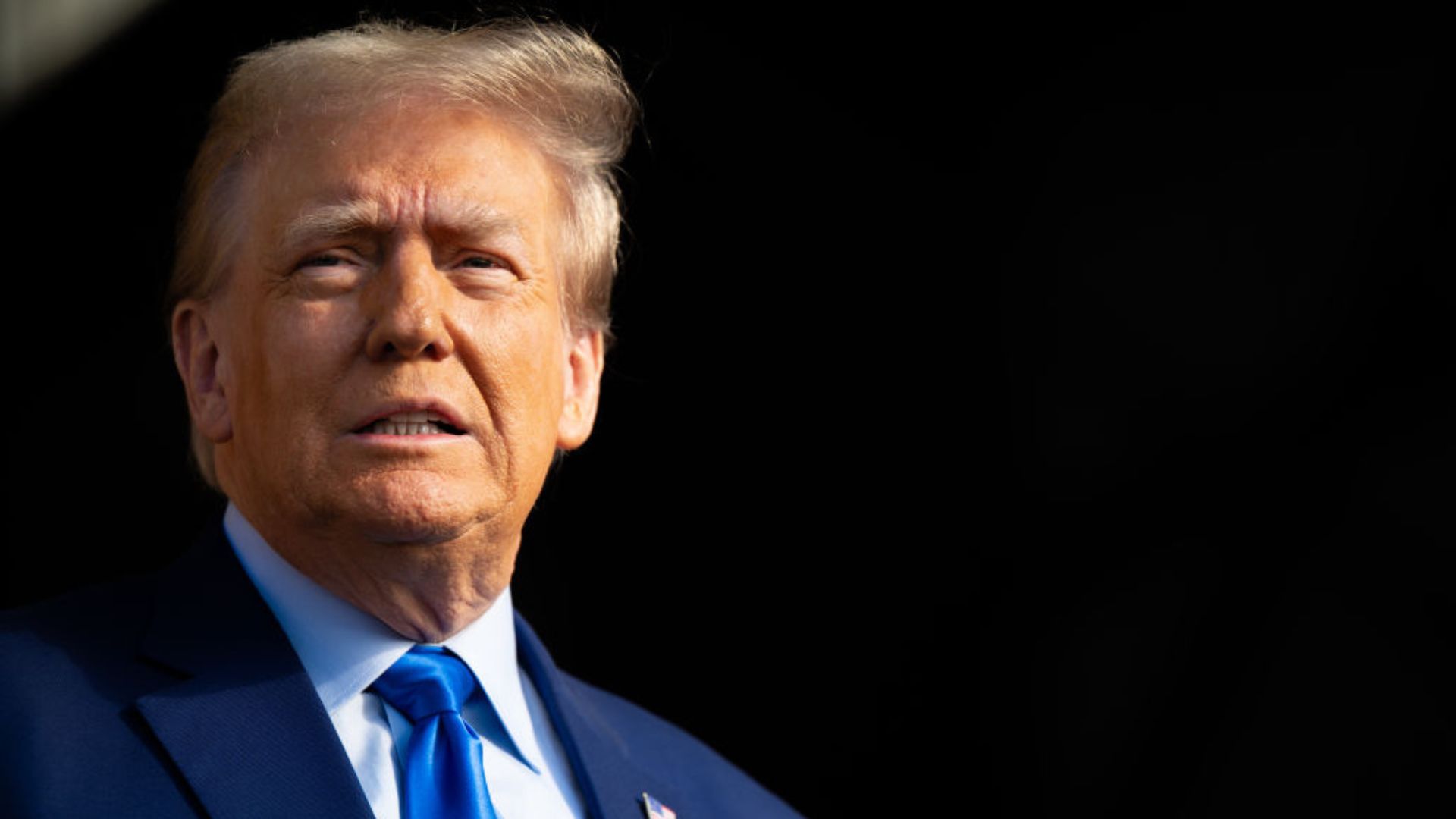
Source: Getty Images
This clause serves as a safeguard, ensuring that the Constitution is upheld by those in leadership positions.
Election Integrity and Constitutional Fidelity
Judge Luttig emphasizes the importance of constitutional fidelity, especially concerning efforts to overturn a presidential election.
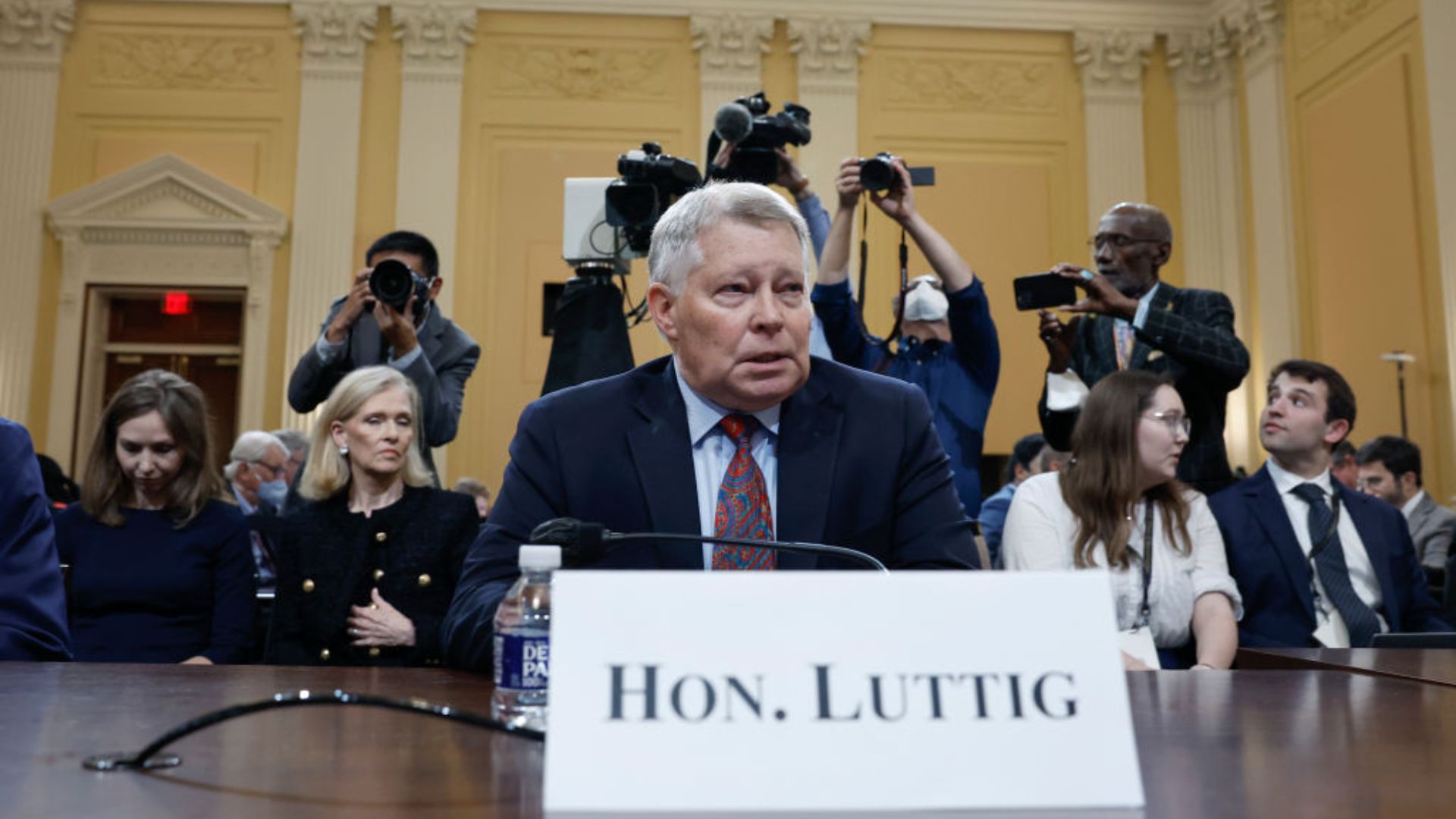
Source: Getty Images
The Constitution delineates a clear boundary that, when crossed, can result in disqualification from the presidency, and this boundary revolves around the core value of upholding democratic processes and election outcomes.
The Democratic Process and Disqualification Debates
The conversation around whether or not to disqualify a candidate from election ballots has garnered attention.
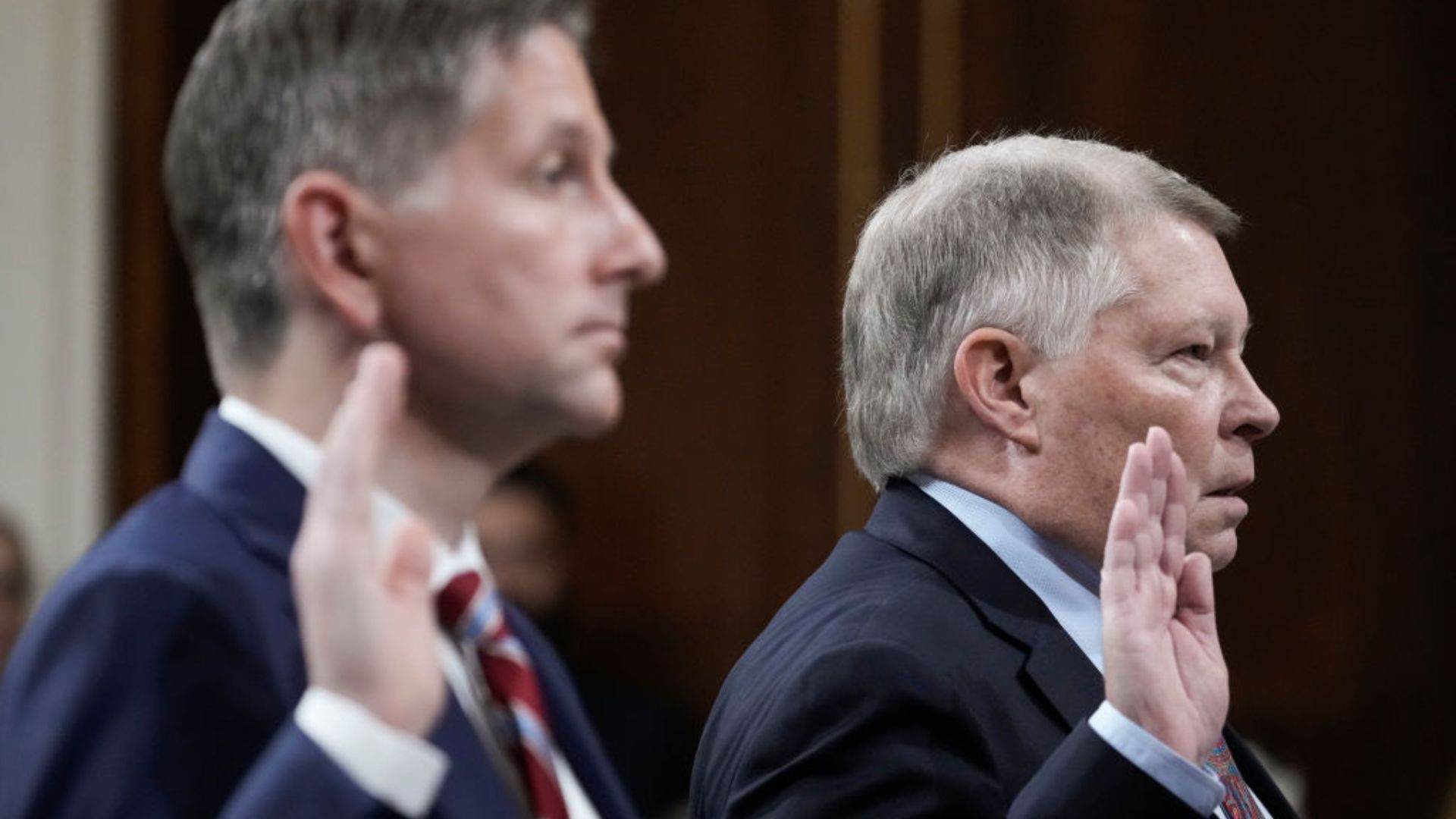
Source: Getty Images
Judge Luttig addressed concerns about this process, noting that disqualification under the 14th Amendment is a constitutional mechanism that operates within democratic principles, rather than outside of them.
Constitutional Provisions and Democratic Principles
Responding to criticism that removing a candidate from the ballot could be undemocratic, Judge Luttig points to the Constitution itself, which enshrines the process of disqualification.
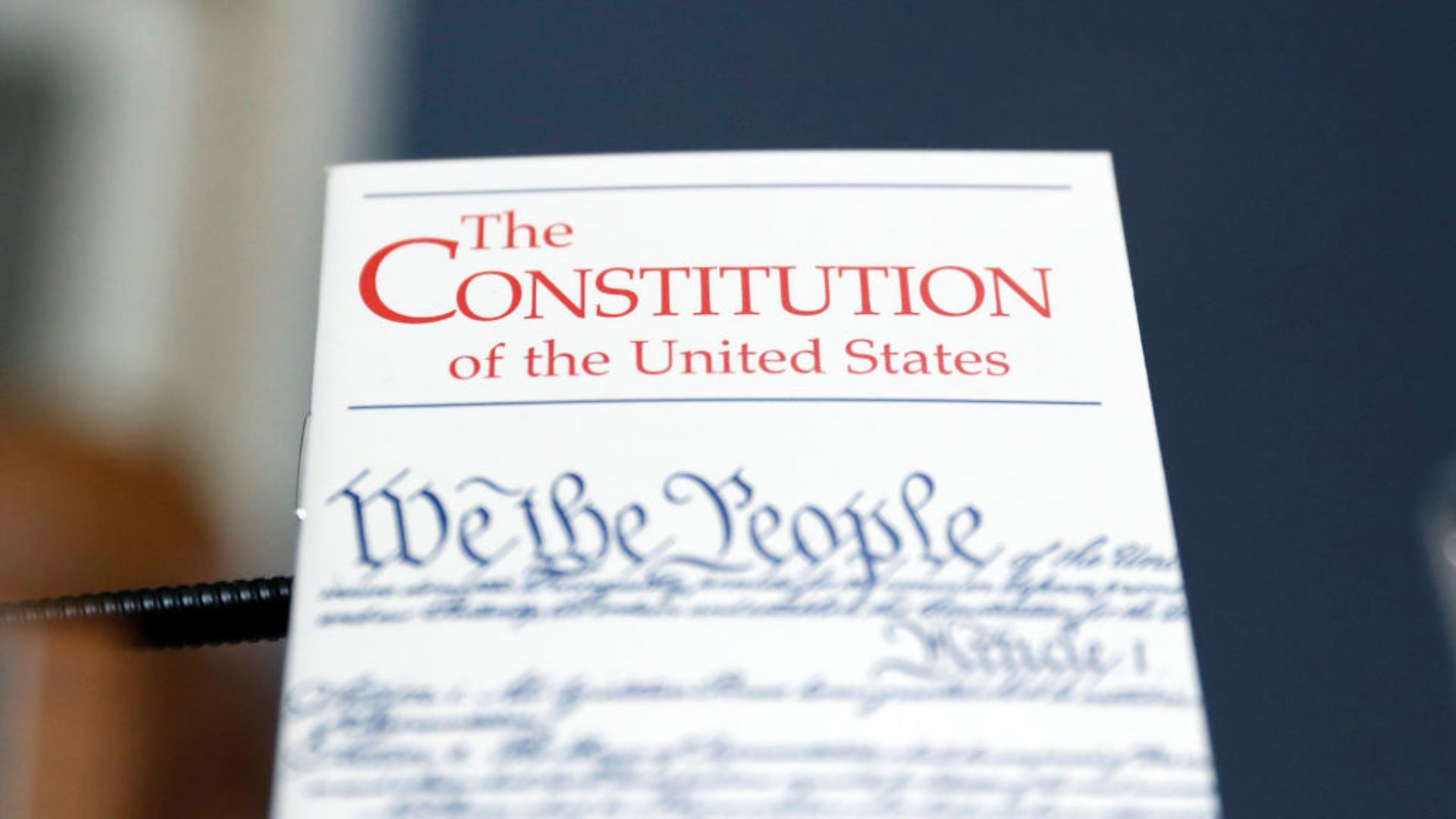
Source: Getty Images
This, he explains, is inherently democratic, as it is designed to protect the republic from anti-democratic actions.
The Path to the Supreme Court
Cases challenging the eligibility of a former president based on the 14th Amendment are unfolding across various states.
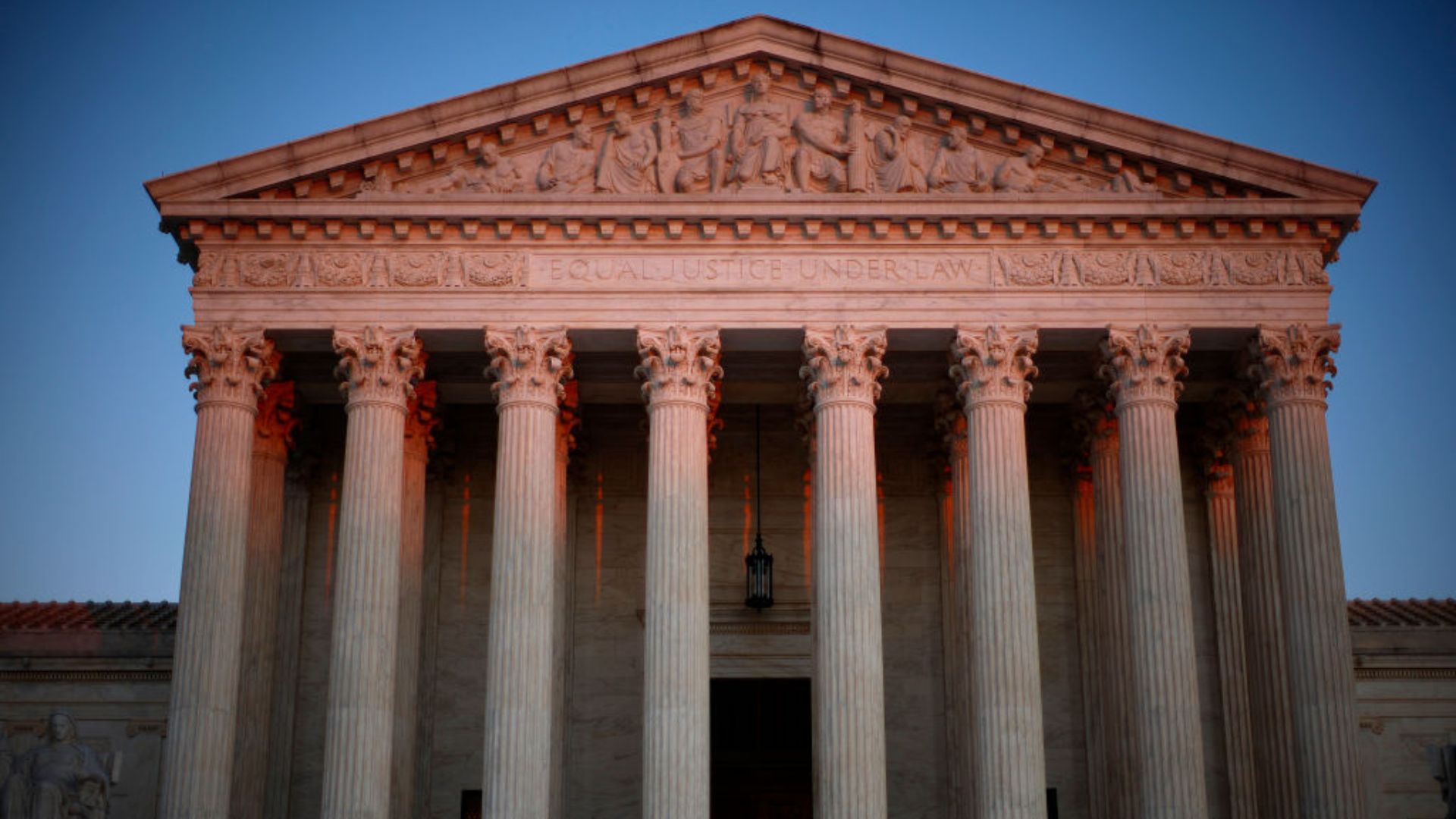
Source: Getty Images
The outcomes of these cases are likely to be escalated to the Supreme Court, the institution entrusted with the ultimate interpretation of constitutional language and its application.
Supreme Court's Potential Deliberation on Eligibility
Judge Luttig speculates on how the Supreme Court may approach the issue of a former president’s disqualification.
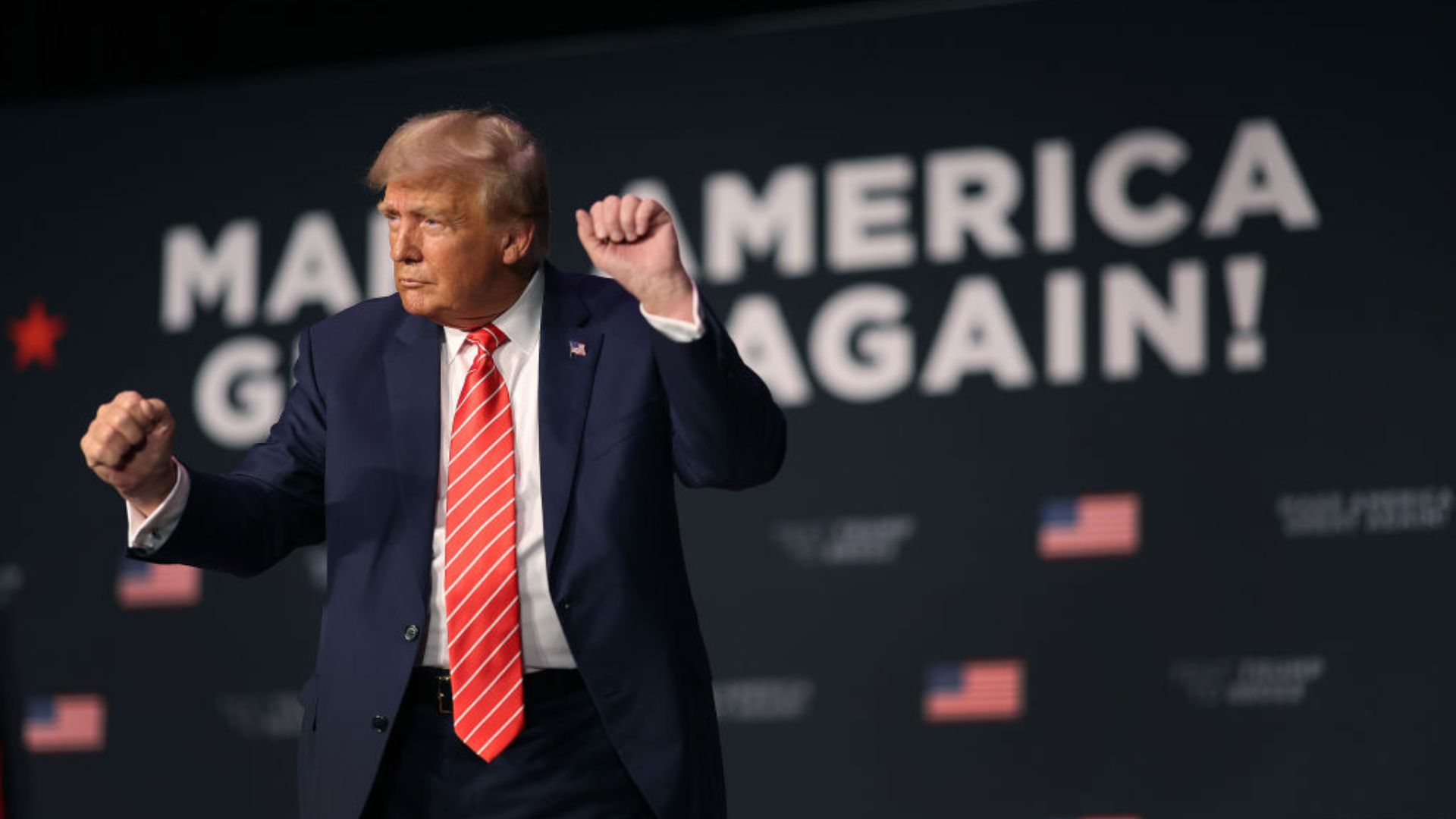
Source: Getty Images
He refers to the 14th Amendment’s clear terms, suggesting that actions to undermine a fair election could be considered a rebellion against the Constitution, thus affecting eligibility.
Presidential Immunity in Legal Context
Trump’s defense argues for presidential immunity from prosecution, drawing parallels to civil cases. The Supreme Court, however, has not yet decided on this matter in the criminal context.
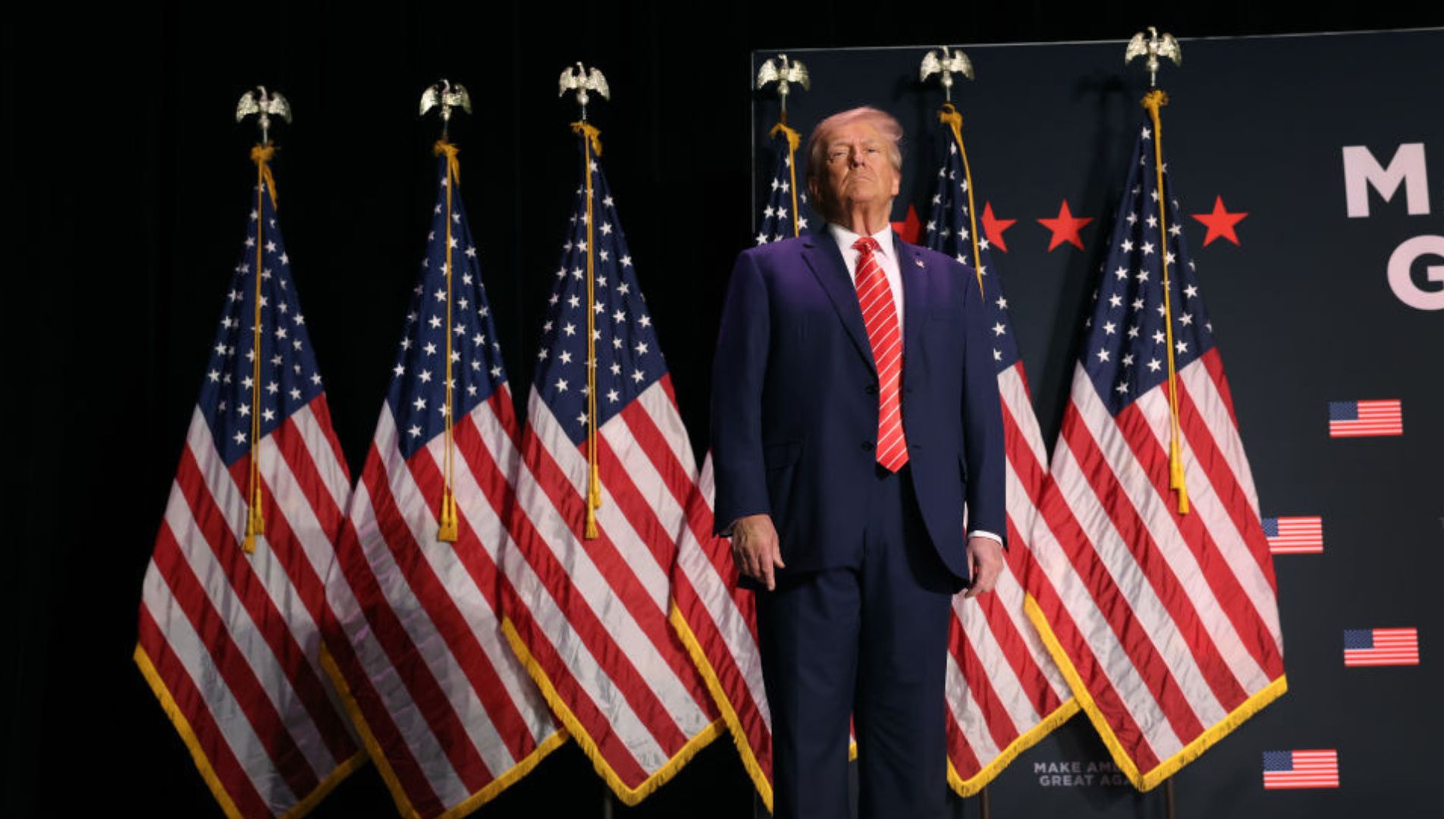
Source: Getty Images
The outcome of this legal question could have significant implications for the former president and the presidency at large.
Legal Experts Weigh In on Immunity
A group of legal experts from previous Republican administrations have filed an amicus brief challenging the notion of absolute immunity for the former president.
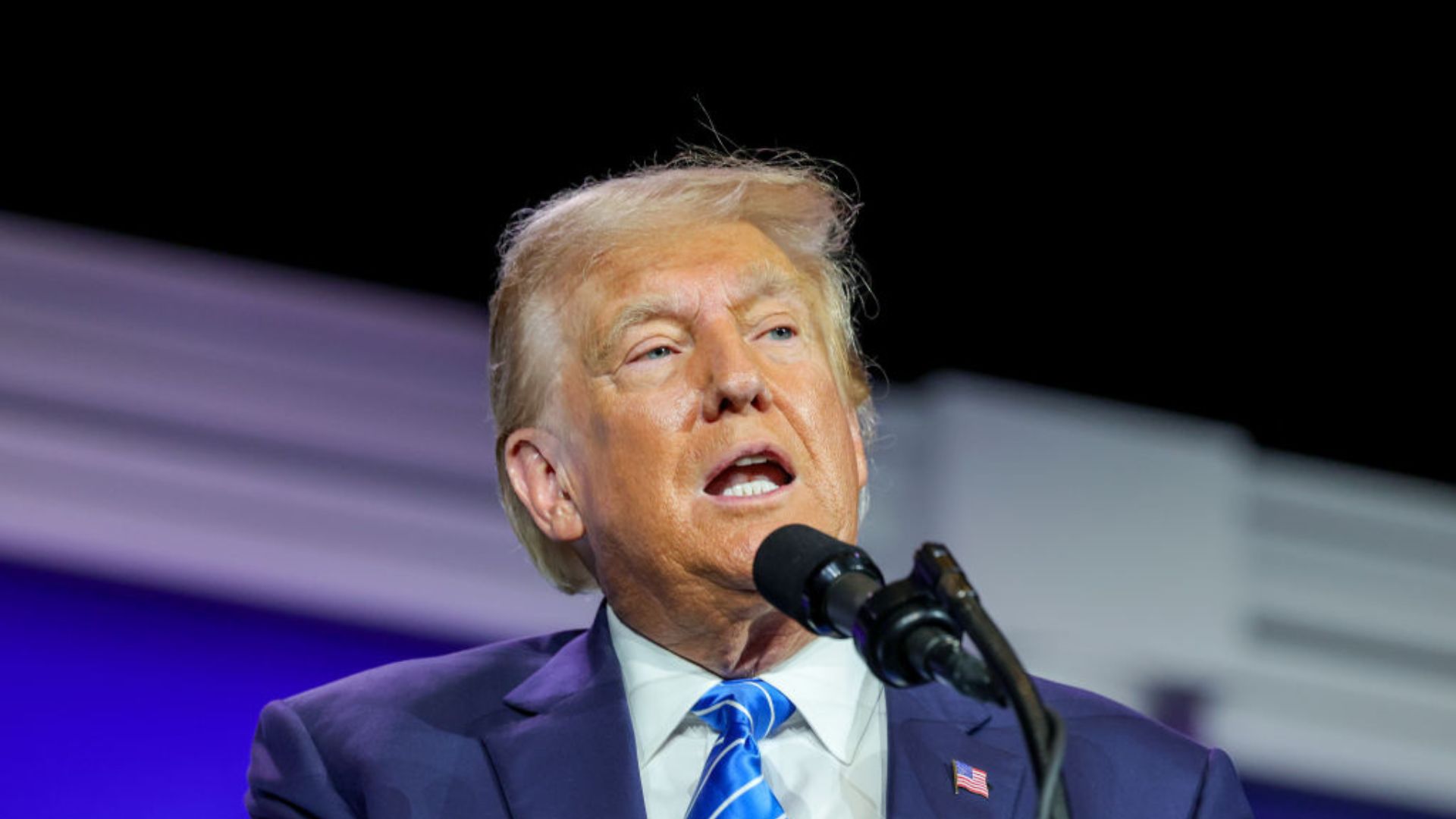
Source: Getty Images
They assert that based on the Constitution’s Executive Vesting Clause, there should be no immunity for actions that undermine the democratic process.
Judicial Proceedings Preceding Trial
The judiciary is expected to address the question of presidential immunity before any trial takes place.
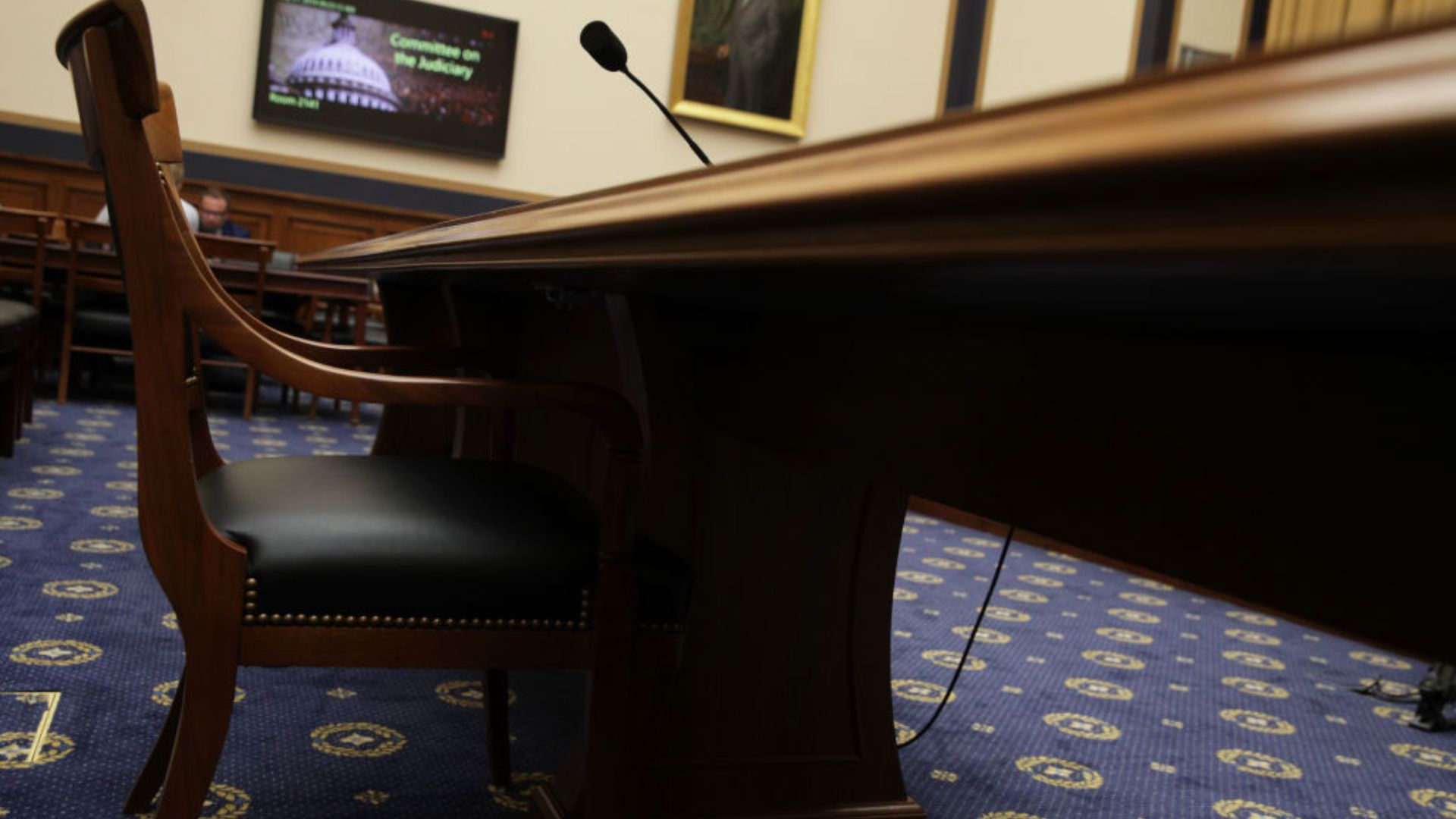
Source: Getty Images
While the final decision may come from a lower court or the Supreme Court, the judiciary’s ruling will be a critical prelude to the scheduled criminal trials.
The Implications of a Second Trump Presidency
Judge Luttig has consistently pointed out the significant consequences that a second term for former President Trump could have on American democracy and the rule of law.
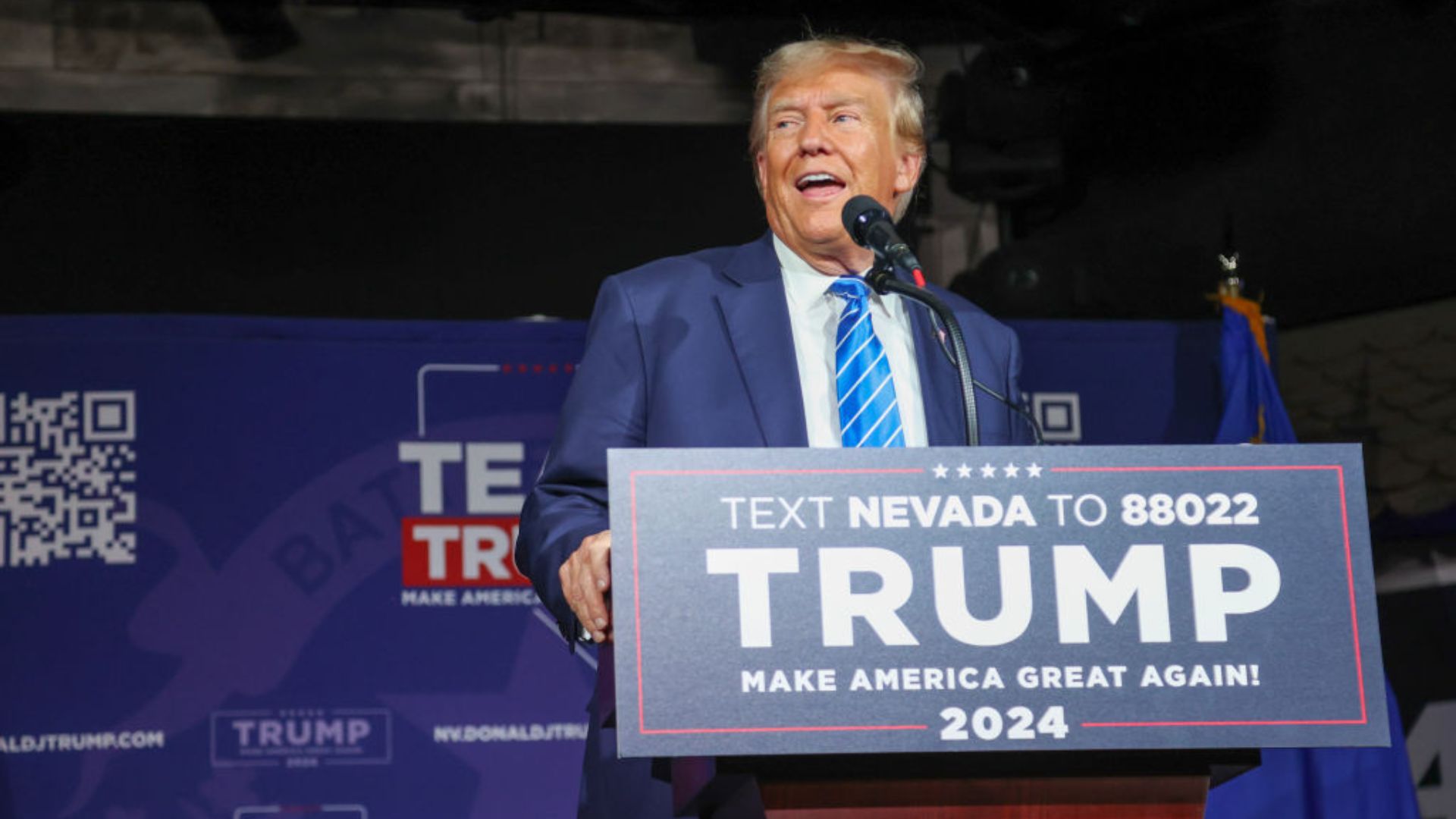
Source: Getty Images
He notes this in light of the numerous controversies and ongoing legal challenges associated with Trump.
Concerns for American Democracy and Elections
Judge Luttig has articulated concerns that the actions of the former president and his allies may have eroded public trust in American democracy and the electoral system.
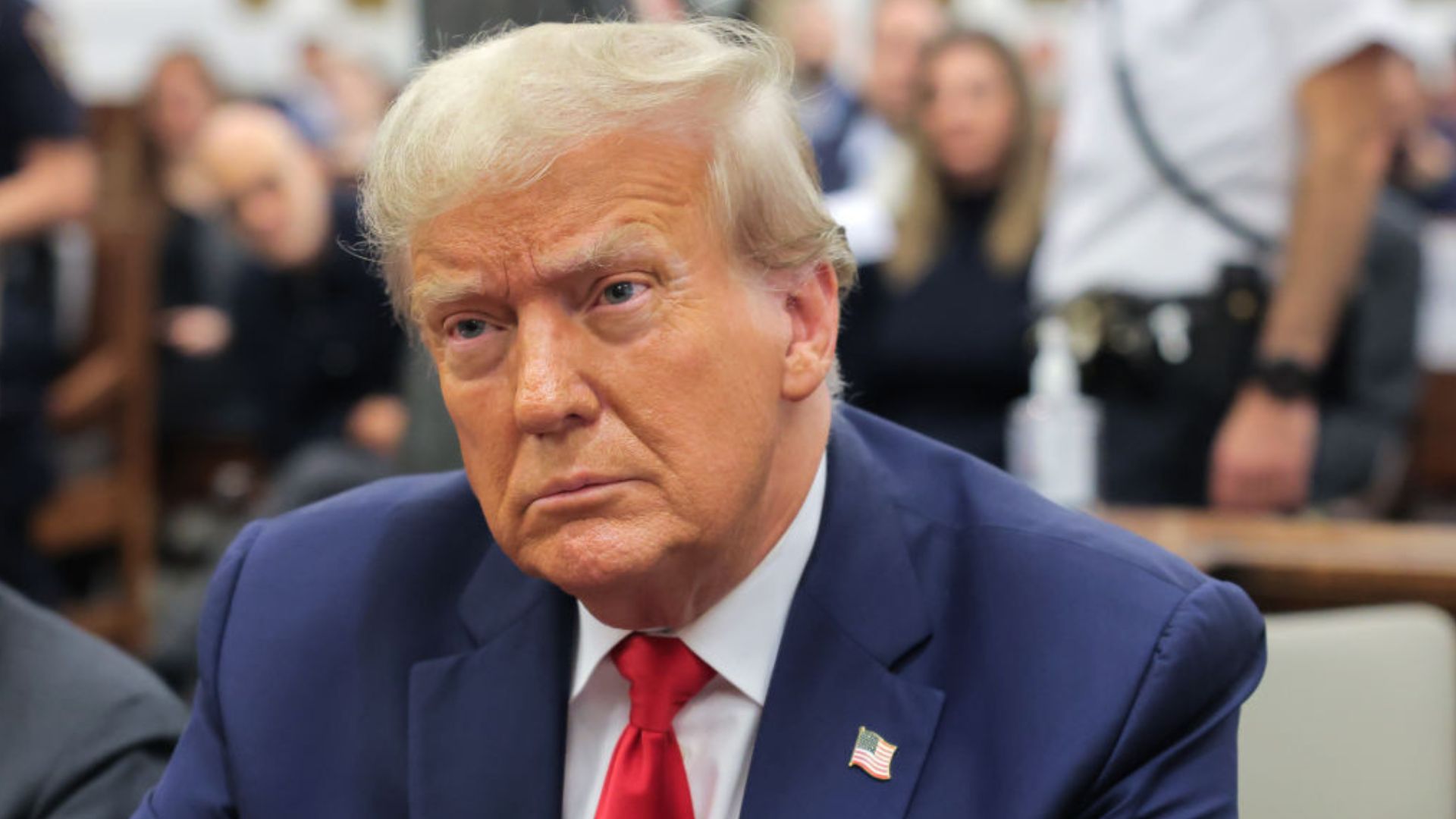
Source: Getty Images
He suggests that the continuation of these actions could lead to further challenges for the nation’s democratic institutions.
